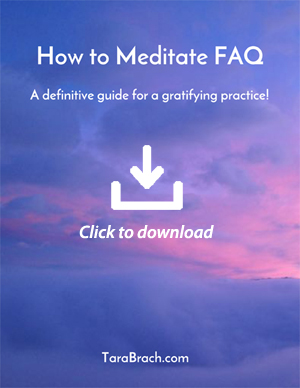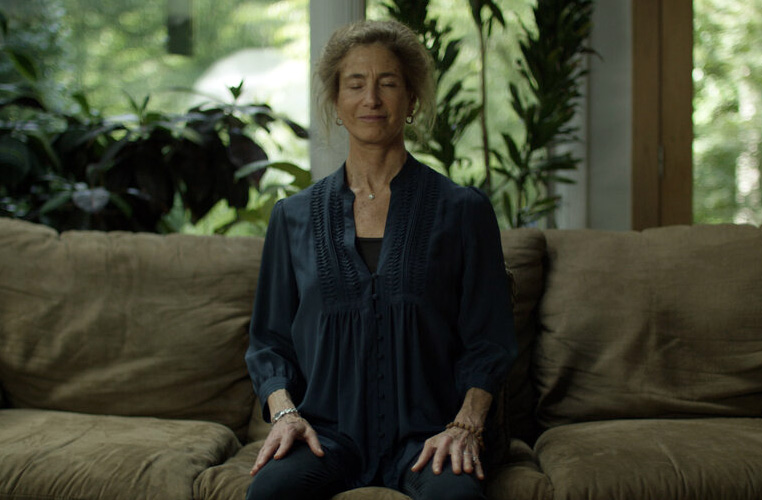“The curious paradox is that when I accept myself just as I am, then I can change.” Carl Rogers
Mohini was a regal white tiger who lived for many years at the Washington D.C. National Zoo. For most of those years her home was in the old lion house—a typical twelve-by-twelve-foot cage with iron bars and a cement floor. Mohini spent her days pacing restlessly back and forth in her cramped quarters. Eventually, biologists and staff worked together to create a natural habitat for her. Covering several acres, it had hills, trees, a pond and a variety of vegetation. With excitement and anticipation they released Mohini into her new and expansive environment. But it was too late. The tiger immediately sought refuge in a corner of the compound, where she lived for the remainder of her life. Mohini paced and paced in that corner until an area twelve by twelve feet was worn bare of grass.
Perhaps the biggest tragedy in our lives is that freedom is possible, yet we can pass our years trapped in the same old patterns. Entangled in the trance of unworthiness, we grow accustomed to caging ourselves in with self-judgment and anxiety, with restlessness and dissatisfaction. Like Mohini, we grow incapable of accessing the freedom and peace that are our birthright. We may want to love other people without holding back, to feel authentic, to breathe in the beauty around us, to dance and sing. Yet each day we listen to inner voices that keep our life small. Even if we were to win millions of dollars in the lottery or marry the perfect person, as long as we feel not good enough, we wouldn’t be able to enjoy the possibilities before us. Unlike Mohini, however, we can learn to recognize when we are keeping ourselves trapped by our own beliefs and fears. We can see how we are wasting our precious lives.
The way out of our cage begins with accepting absolutely everything we are feeling about ourselves and our lives, by embracing with wakefulness and care our moment-to-moment experience. By accepting absolutely everything, what I mean is that we are aware of what is happening within our body and mind in any given moment, without trying to control or judge or pull away. I do not mean that we are putting up with harmful behavior—our own or another’s. Nor do I mean that we are confirming the truth of a negative belief, such as “I am a loser.”
Rather, this is an inner process of accepting our actual, present-moment experience. It means feeling sorrow and pain without resisting. It means feeling desire or dislike for someone or something without judging ourselves for the feeling or being driven to act on it.
Clearly recognizing what is happening inside us, and regarding what we see with an open, kind and loving heart, is what I call Radical Acceptance. If we are holding back from any part of our experience, if our heart shuts out any part of who we are and what we feel, we are fueling the fears and feelings of separation that sustain the trance of unworthiness. Radical Acceptance directly dismantles the very foundations of this trance.
Since non-acceptance is the very nature of the trance, we might wonder how, when we feel most stuck, we take the first step out of it. It can give us confidence to remember that the Buddha nature that is our essence remains intact, no matter how lost we may be. The very nature of our awareness is to know what is happening. The very nature of our heart is to care. Like a boundless sea, we have the capacity to embrace the waves of life as they move through us. Even when the sea is stirred up by the winds of self-doubt, we can find our way home. We can discover in the midst of the waves, our spacious and wakeful awareness.


